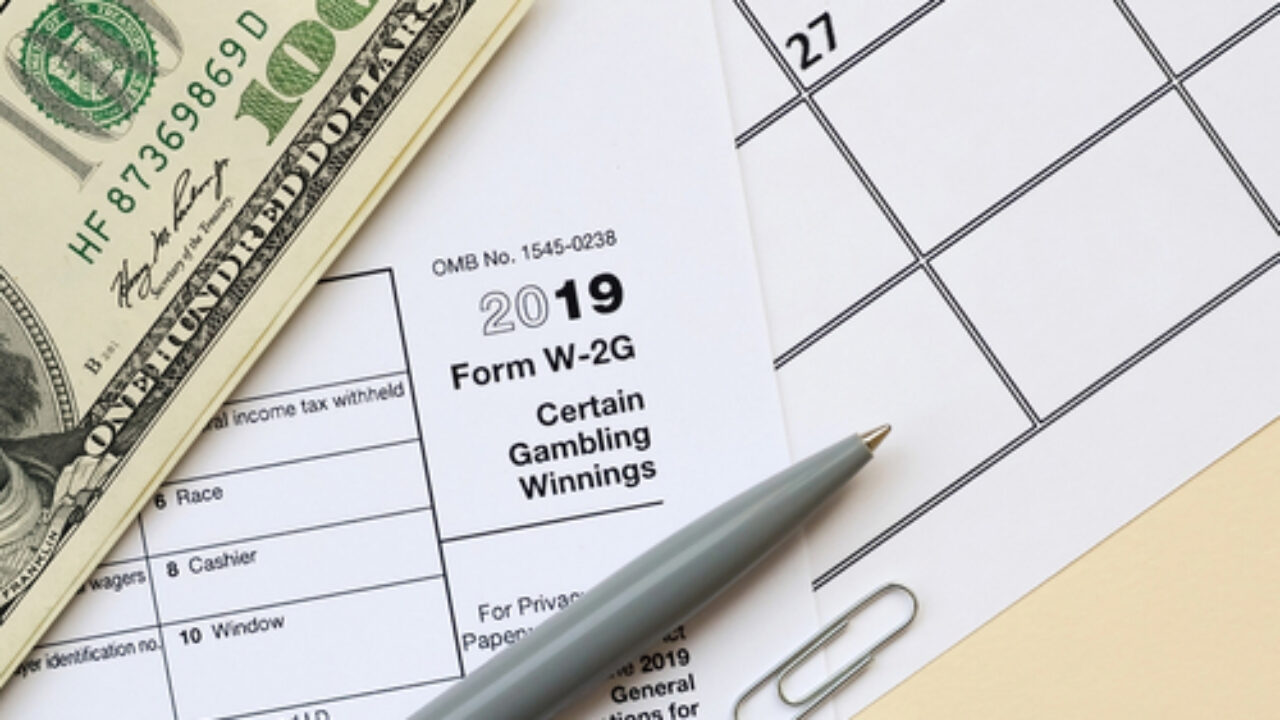Gambling Losses Under New Tax Law
Gambling income, losses fall under income tax law


Gambling Losses Under New Tax Law
Otherwise allowable under § 615 for higher income taxpayers. There is no provision in the Tax Law exempting or otherwise removing gambling losses from these reduction calculations. Accordingly, the amount of the New York itemized deductions, including any gambling losses. Rules for Deducting Gambling Losses Under the new law, those who itemize deductions will continue to be able to deduct gambling losses up to the amount of their total winnings. For example, a slot player who wins $25,000 in jackpots may deduct up to that amount in verifiable gaming losses when they fill out an itemized tax form. “Under current law, a taxpayer may claim an itemized deduction for losses from gambling, but only to the extent of gambling winnings,” states the technical explanation on the GOP tax reform. The court held that the limitation on deducting gambling losses under IRC section 165 (d) does not apply to ordinary and necessary business expenses paid or incurred in connection with the trade or business of gambling as seen within IRC section 162 (and its accompanying regulations) as long as the individual qualifies as a professional gambler Comm’r v. Yes, the ability to claim Gambling losses on the Schedule A is a proposed part of the plan. Gambling Losses – Currently, gambling losses are only deductible in an amount equal to gambling winnings. Under the new proposed plan, these losses would no longer be deductible. This is all subject to change now that the Senate has it.

POSTED: Sunday, January 17, 2010

With the recent opening of CityCenter, many of you may be planning a trip to Las Vegas with hopes of striking it rich. But did you know that all gambling winnings—legal or illegal—should be included in your gross income, subject to income tax? Did you also know about a significant change to Hawaii law related to gambling losses?
Gambling winnings
For federal income tax returns, all gambling winnings are reported as “;other income”; on your Form 1040. Gambling income includes, but is not limited to, winnings from lotteries, raffles, house races and casinos. It includes both cash winnings and the fair market value of prizes such as cars and trips, which must be reported on your return even if your losses are greater than your winnings for the year.
Gambling winnings of $600 or more and at least 300 times the amount of the wager generally will be reported to you on Form W-2G. The reporting threshold is $1,500 for Keno and $1,200 for bingo and slot machines. When winnings exceed $5,000, income tax is generally withheld and credited against tax due on your tax return. Please keep in mind that gambling winnings are included in gross income regardless of whether it is subject to withholding.
Gambling Loss Deduction New Tax Law
Gambling losses

For nonprofessional gamblers, gambling losses are deductible as an itemized deduction on Schedule A of your federal income tax return. This means that if you elect to take the standard deduction (rather than itemizing), you may not deduct gambling losses. You also cannot deduct more gambling losses than the amount of your winnings. You must report the full amount of your winnings as income and claim your losses as an itemized deduction.
Gambling losses do not include expenses used to engage in wagering (such as travel, meals and lodging).
To deduct your losses, you must be able to provide receipts, tickets, canceled checks, statements or other records showing the amount of winnings and losses. The IRS also requires that you keep a record of your winnings and losses, listing the date and type of wager or activity, name and location of the gambling establishment, people present with you, and the amounts won or lost.
Changes to Hawaii law
On July 31 Gov. Linda Lingle signed into law Act 165, which disallows taxpayers from claiming gambling losses on their Hawaii returns. So while all gambling winnings must be reported as income, you are no longer allowed to deduct gambling losses on your Hawaii income tax return. The law applies to any losses beginning Jan. 1, 2009.
Let's say in 2009 you won a total of $1,000 and had $1,200 of well-documented gambling losses. You would need to report the $1,000 of gambling income and deduct $1,000 of your gambling losses as an itemized deduction on your 2009 federal income tax return. The remaining $200 in gambling losses cannot be deducted. However, on your Hawaii tax return, you cannot deduct any of the $1,200 in the gambling losses, and you will be taxed on the $1,000 in winnings.
With the beginning of the new year, now is a perfect time to remember that while gambling can be exciting and enjoyable, you should be mindful of the change in Hawaii law and take note of all your winnings and losses and keep as many receipts as you can.
“;Tax Tips”; appears every other Sunday during tax season. Amy Sugihara is a tax senior associate in the Honolulu office of Grant Thornton LLP. She can be reached at .(JavaScript must be enabled to view this email address).
The tax law allows you to deduct the amount of your gambling losses within certain limits. But these deductions are often contested in the courts.Salvage gambling loss deduction.
If you incur losses from gambling activities during the year, you can deduct those losses up to the amount of your winnings. Although the Tax Cuts and Jobs Act (TCJA) suspends deductions for other miscellaneous expenses from 2018 through 2025, the gambling loss deduction remains intact. Furthermore, miscellaneous expenses are deductible only to the extent that the annual total exceeds 2% of adjusted gross income (AGI). But the 2%-of-AGI floor doesn’t apply to gambling losses.
Keep detailed records.
Although the tax law allows a limited deduction for gambling losses, this write-off isn’t a slam-dunk. Notably, you have to submit documentation to support your claims, including information on the dates and types of wagering activities, the names and addresses of the gambling establishments, the names of anyone who accompanied you at the activities and the amounts won or lost. Typically, you’ll have records of losing tickets, canceled checks and casino credit slips. Also, keep corroborating information (e.g., hotel bills and plane tickets.)
Going for broke.
In rate instances, a long shot for a gambling deduction may pay off. New case: An insurance consultant who was a compulsive gambler won about $350,000 during 2014, the tax year in question. But he didn’t produce documentation at trial and instead relied on the “Cohan rule” for an estimate of losses. The Tax Court judge gave credence to the testimony of a gaming expert who concluded that the taxpayer lost more than that amount. Also, the Court looked to the dire financial situation the taxpayer remained in. Result: The loss was allowed (Coleman, TC Memo 2020-146, 10/22/20).